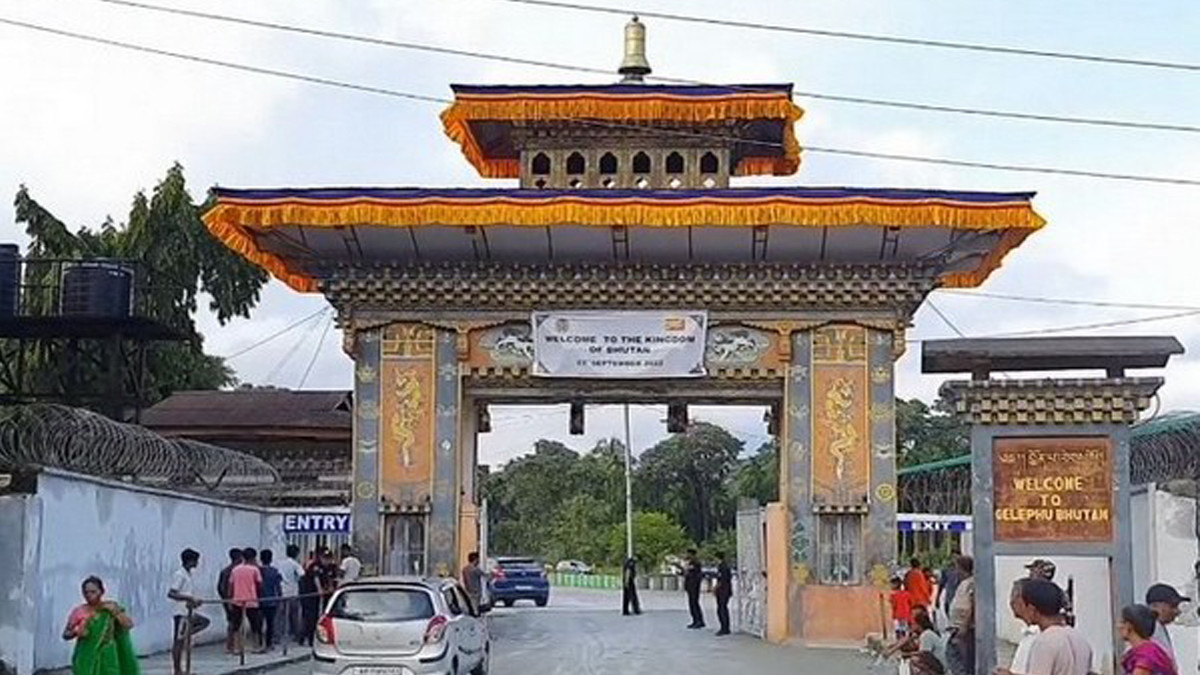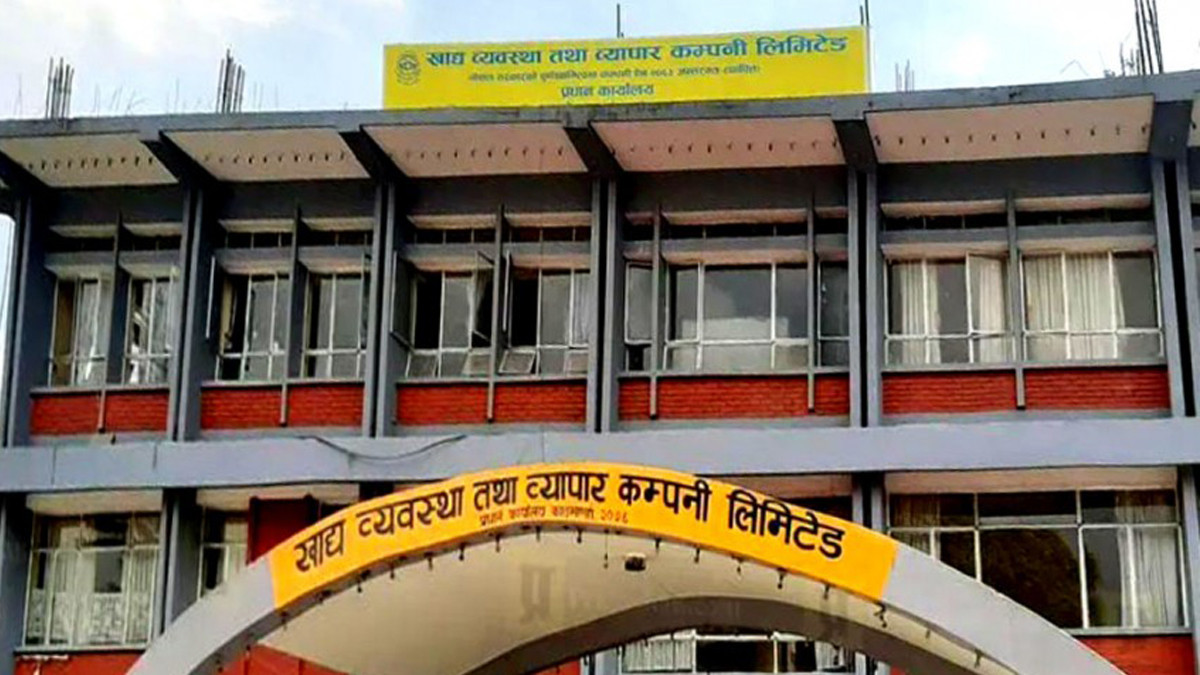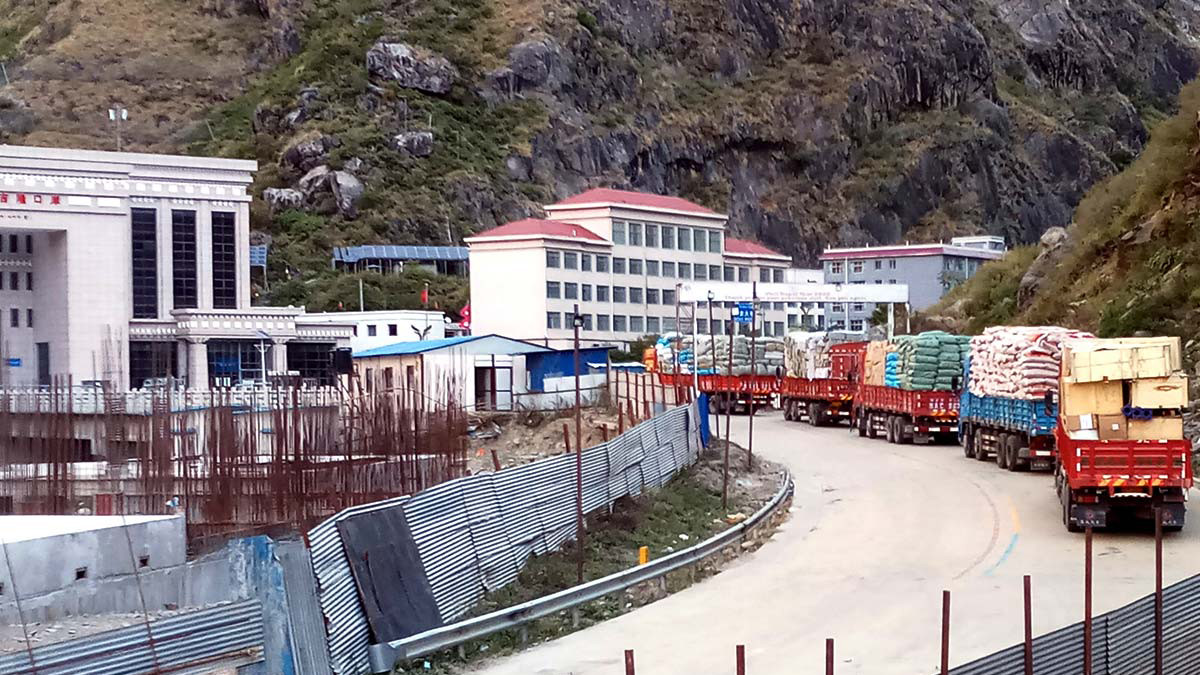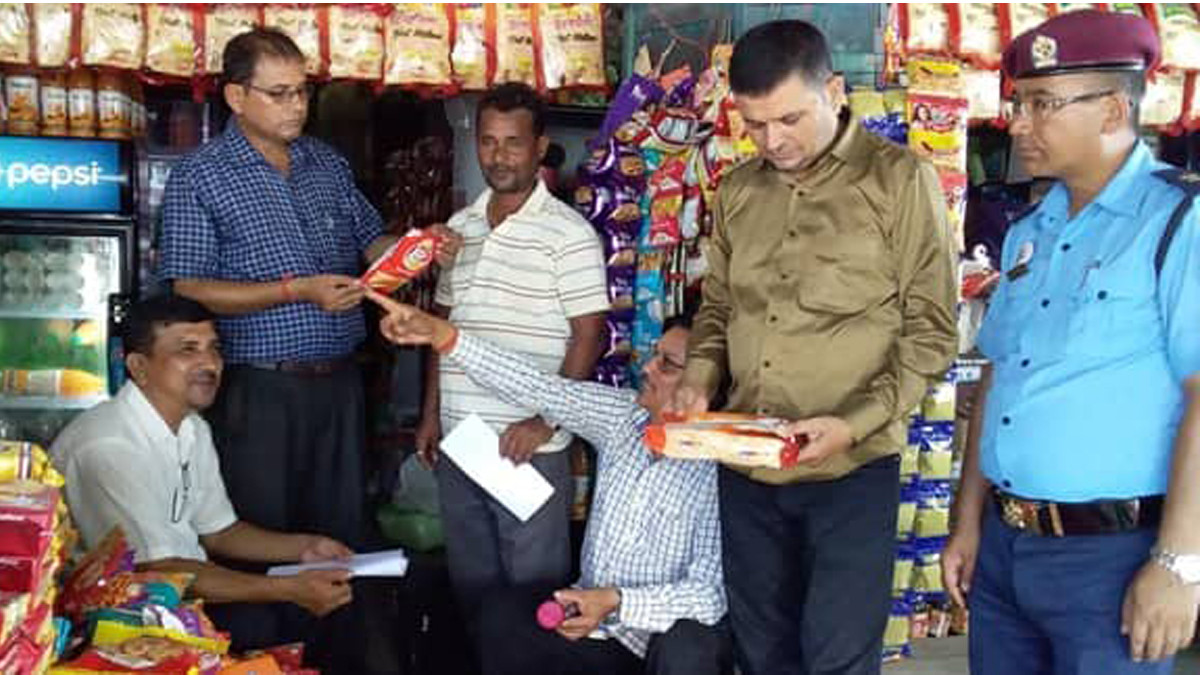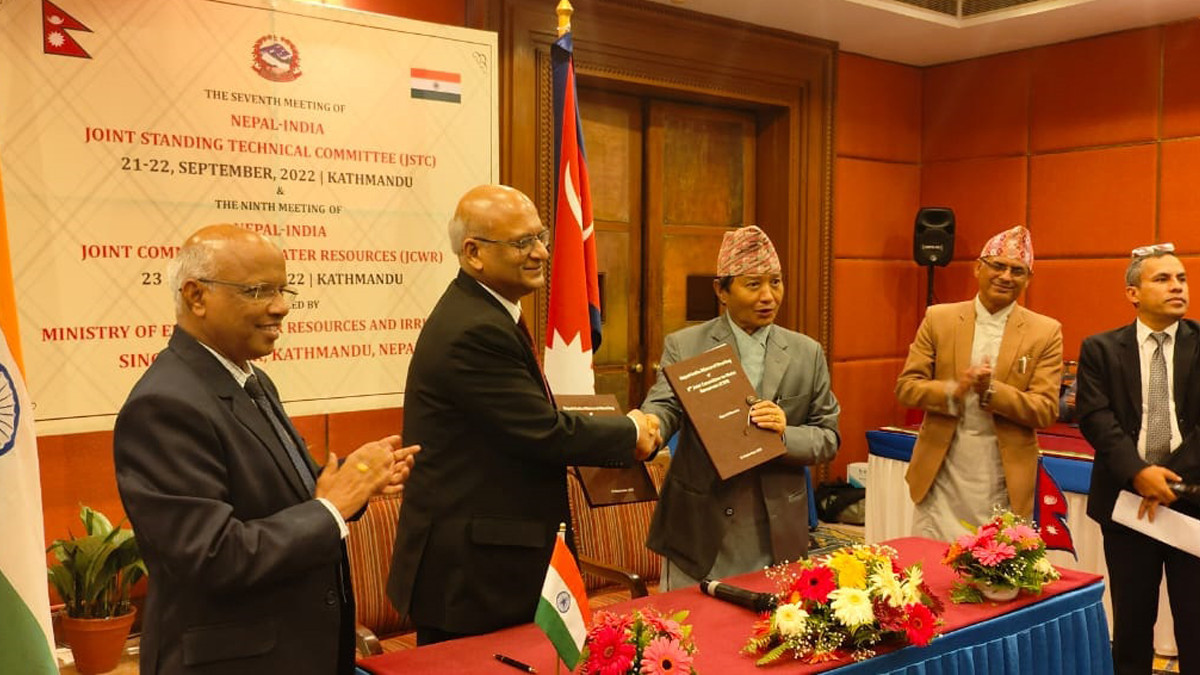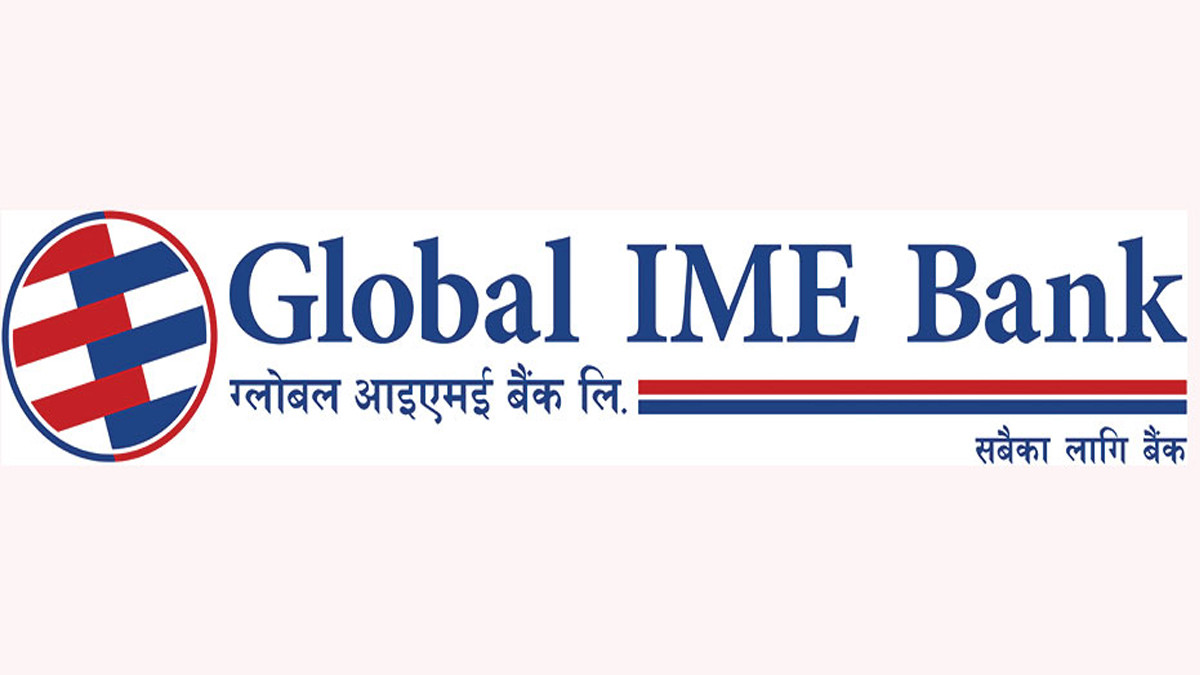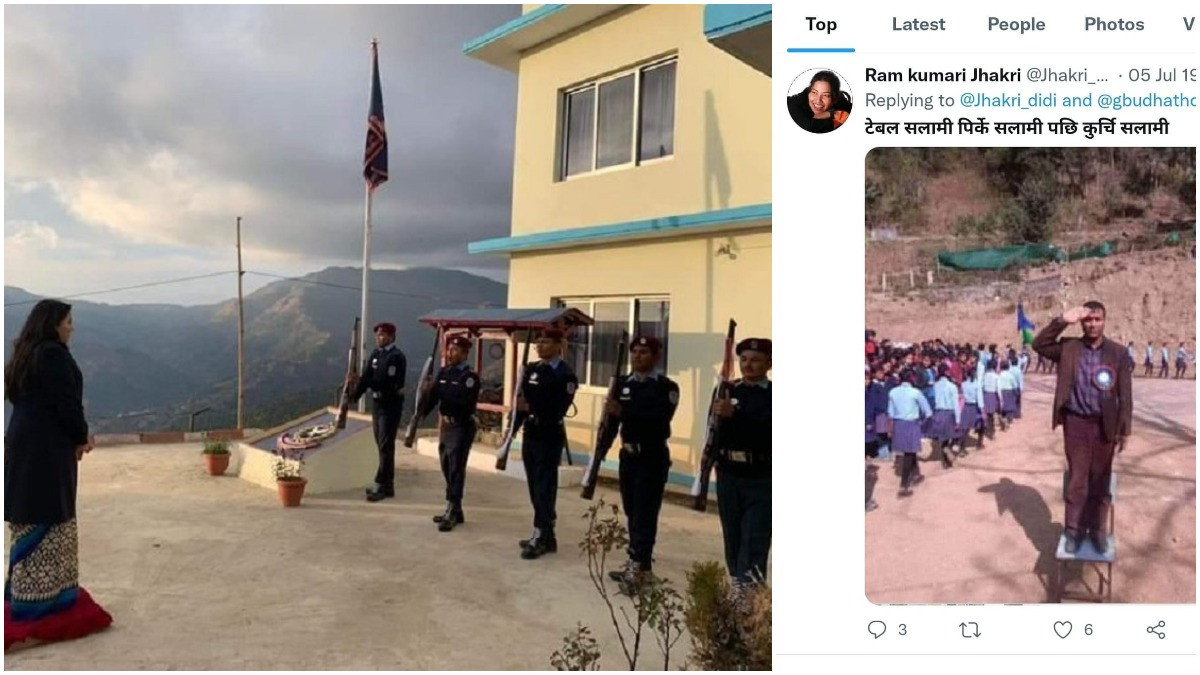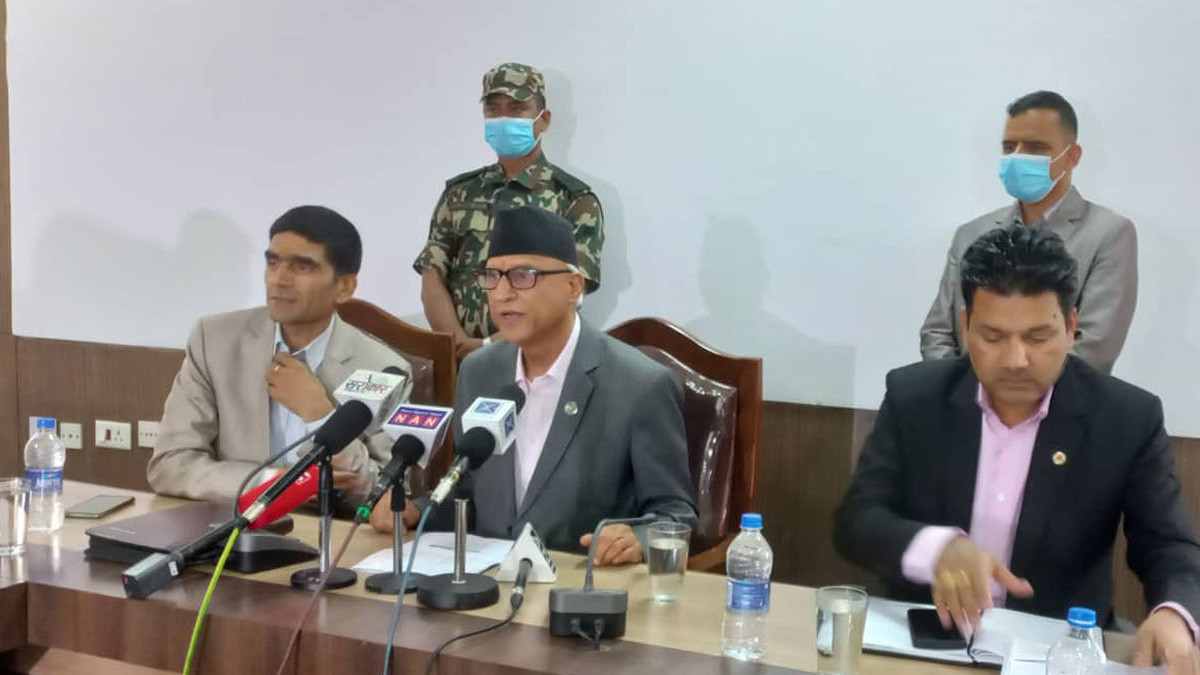
The government has decided to slash the price of petroleum products.
A cabinet meeting on Saturday decided to reduce Rs 20 per litre in petrol and Rs 29 in diesel, shared Minister for Industry, Commerce and Supplies Dilendra Prasad Badu at a press conference.
According to him, with the new decision coming into effect, a litre of petrol will cost RS 179 and diesel Rs 163. The new price decision will come into effect from Saturday midnight.
"This is the decision of today's meeting of the Council of Ministers. The decision was taken acting on the recommendations", Minister Badu noted.
The excessive hike in the petro product price hit the people's life, he said, adding the decision was taken to slash the price so as to give respite to the commoners.
The price was slashed with an intention to render relief to the people even by reducing tax that has been imposed on petro products. "The new measure will moderately render relief to the people. However, this is not a permanent solution",
Market monitoring to be made effective
The government has decided to make market monitoring effective so as to control price and avoid shortage of daily consumptive goods.
Minister Badu expressed his confidence that price control would be tightened through effective market monitoring in coordination with federal, provincial and local governments.
The Minister urged the business community to reduce the price of all consumptive goods in the market to cooperate with the government in its bid to render relief to the people.
Those found increasing market price in the consumptive goods illegally would be booked, he said, calling for support from the media and consumers to that end.
In view of people marred by increasing price of petroleum products fuelled by price hike in the international market, the government has decided to decrease their price in Nepal to some extent in a bid to give some respite to people, said minister Badu.
This followed the direction by Prime Minister Sher Bahadur Deuba to readjust the price of petroleum products to give relief to people, he added.
To that end, a meeting of top leaders of the ruling coalition held on Saturday under the leadership of PM Deuba took the decision. The meeting was attended by the secretary of the respective ministries and high ranking officials of the Nepal Oil Corporation, a monopoly government-owned enterprise that imports, stores and distributes petroleum products.
To decrease consumption of petroleum products and LP gas, the government would encourage use of electric cooktops and electric vehicles, said minister Badu in the meantime.
Provisions related to encouraging the use of electric appliances and vehicles in the budget will be implemented acting on recommendation by a high level task force formed under the leadership of National Planning Commission Vice-chair. Government offices will use electric vehicles while fuel-run old and heavy vehicles will be converted into electric ones.
To reduce supply of petroleum products, steps would be taken through advice of experts and learning from practices in other countries, said the minister, adding NOC would be made robust and effective by acting on advice from the taskforce.
CB Adhikari/RSS


